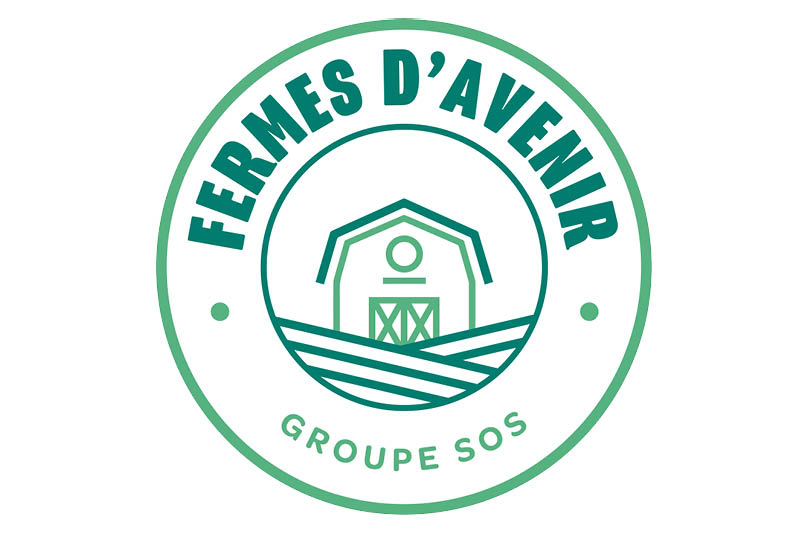An accounting method for the ecological transition
The Ecological Accounting Partnership Chair, led by the AgroParisTech Foundation, seeks to develop, test and implement non-financial accounting systems in the service of an ecological transition for all actors in society. Its objectives are to develop new accounting methods, to support through accounting systems all forms of organizations in their development strategies aimed at a strong sustainability objective, to convince the importance of accounting in the ecological transition and finally to be a platform for exchanges, animation and communication for those interested in research on these issues.
The CARE method (Accounting Adapted to Environmental Renewal), developed by J. Richard (AgroParisTech) and A. Rambaud (AgroParisTech & Dauphine University) within the Ecological Accounting Partnership Chair, aims to re-examine the concepts of capital and results. It applies traditional accounting standards for financial capital to natural and human capital in order to account for and integrate negative (degradation) or positive (preservation) impacts on the latter in the financial accounts of companies.
Experiment ecological accounting on farms
Created in 2013, the mission of the national association Fermes d’Avenir is to support the development of agroecology, train and network stakeholders and professionals, and to raise awareness among citizens and public authorities about the ecological transformation of agriculture.
In 2016, the Fermes d’Avenir’s network wanted to test this method on the Ferme de Cagnolle with the support of AVISE.
Between 2019 and 2020, the project was the subject of an action research within the framework of the Chair of Ecological Accounting of AgroParisTech and the University Paris-Dauphine. Several videos and interviews were also made to make visible the CARE method applied to farms in an agroecological approach.
In 2020, programming specialists engaged in EHS – Frédéric Curier and Quynh Bui Tu Doan – created an interface to allow professionals and farmers to test the CARE method on their farms. The challenge is to make it accessible and applicable to as many people as possible, in an open source logic.
In 2022, Fermes d’Avenir wishes to go further by financing the experiment on 9 farms for 3 years, by supporting the role of integrator of Fermes d’Avenir between agricultural actors and researchers, by testifying and disseminating its results more widely and securing ½ workplace.
Discover the others projects of the Roullier Endowment Fund
Soil, water, air, biodiversity, well-being at work, landscape heritage, human relations, etc. The challenge of socio-environmental accounting is to count what really counts, to preserve what is capital.
Fermes d’Avenir


